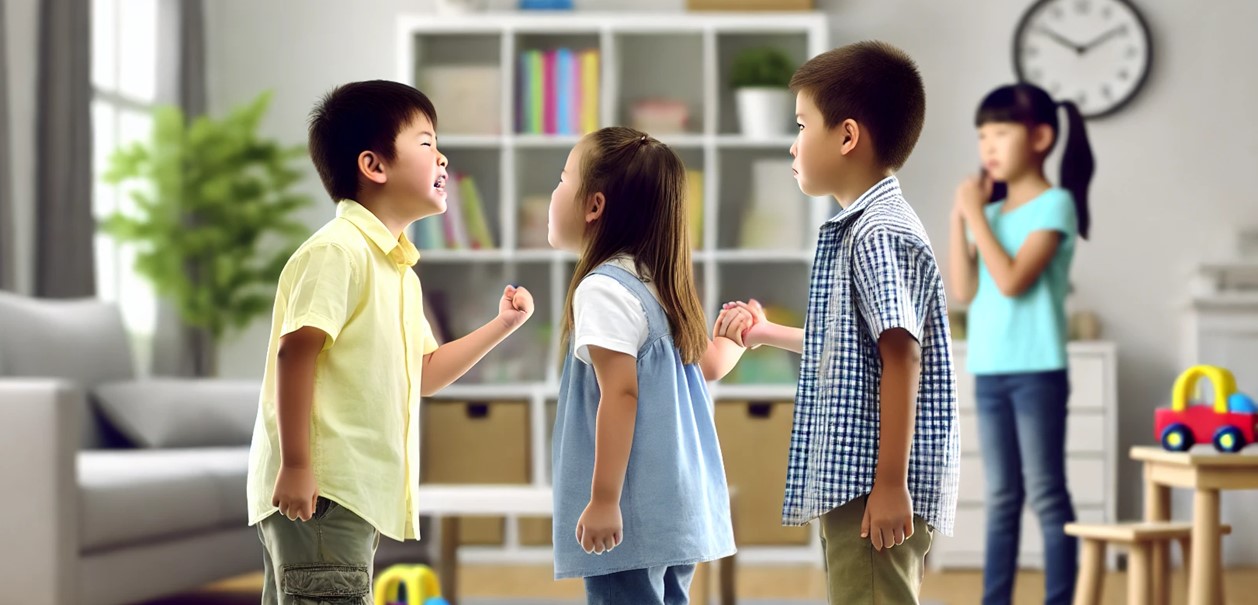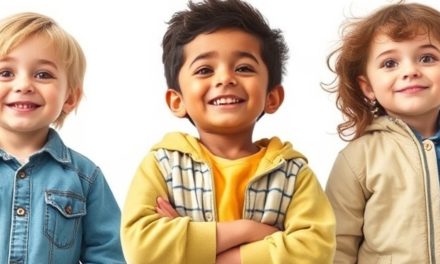Sibling rivalry can significantly impact your behavior, peer relationships, and overall emotional growth.
Conflicts with siblings can lead to various behavioral issues, such as increased aggression, competitiveness, or even withdrawal. These behaviors may also spill over into how you interact with friends, hence, shaping relationships beyond the family environment.
The stress and tension from sibling rivalry highlight the importance of receiving emotional support and understanding from your parents or caregivers. They can help you navigate these challenges and promote healthy emotional development.
By creating a loving atmosphere and encouraging positive communication, adults can play a crucial role in lessening the adverse effects of sibling rivalry on you. This article breaks down the effects of sibling rivalry on children:
What Are the Effects of Sibling Rivalry on Children?
Emotional Impact
The emotional impact of sibling rivalry can be devastating. To be specific, it can make you feel inadequate, jealous, or insecure. That's why focusing on acceptance, encouragement, and emotional expression is important.
These negative feelings can stick with a child, affecting their self-esteem and how they see themselves. It's up to caregivers and parents to create a loving environment where kids feel supported and appreciated for who they are.
Ideally, you should work on building positive relationships with your siblings through open communication, solving conflicts, and respecting each other. This will help you get along better and teach you essential social skills for handling your emotions.
Promoting empathy and understanding in your interactions with siblings sets the stage for healthy relationships in the future. This can boost your overall well-being and strength.
Behavioral Issues
Sibling rivalry can sometimes lead to behavioral issues like aggression, defiance, and withdrawal. This shows how important it is to set a good example and build trust to guide kids' reactions.
When your kids are butting heads, you need to show them how to communicate well and resolve conflicts. Demonstrate healthy ways to handle disagreements and express feelings in a positive way. In return, you will help your children develop these crucial skills.
Establishing trust between siblings creates a sense of safety and lays the groundwork for empathy. Encouraging your kids to see things from each other's perspectives and understand each other's feelings makes working through conflicts easier. Ultimately, this translates to stronger and more peaceful relationships.
When Should Parents Seek Professional Help?
If your attempts to foster a supportive atmosphere, enhance friendship skills, and encourage understanding among siblings are not yielding positive results, you should consider seeking professional assistance.
It's important to identify the warning signs that suggest professional help may be needed to address sibling conflicts effectively. For instance, if communication breakdowns and constant tension between siblings persist despite your best efforts, you should seek professional guidance.
Don’t hesitate to recognize your own limitations and be willing to accept external support. This is the only way to create a constructive and harmonious environment in which children can bond and interact peacefully.You can learn more about solving sibling rivalry by visiting our website, Marvelus Kids.









